This content is protected against AI scraping.
Here’s why tax lien investing is easier if your not a real estate investor?
Real estate investors are concerned about the value of the house, or building, that is on a parcel. Even some tax lien investors have a formula they use, that the assessment of building or improvement on the property has to be a certain percentage of the total assessment value. They only want to purchase liens on properties that have a greater improvement assessed value than the land assessment value. They want to be sure that building is valuable, in case they are able to get the property.
That’s good, but here’s what they’re missing. In all likelihood, they are not going to own the property. And they are not able to insure the property. What if something happens and the property is damaged or destroyed. What if there is a fire for instance and the property is burned down? The value of the building just went way down, but the land is still has the same worth. So more important that the assessed value or market value of the house, is what is the market value of the land. What would the property be worth, even if there was no building on it?
You just have to think a little differently as a tax lien investor. I’ve had liens on burned out properties that redeemed. One of these properties was destroyed by fire after I purchased the lien. Here’s what it looked like a year after I purchased the lien (2015)…
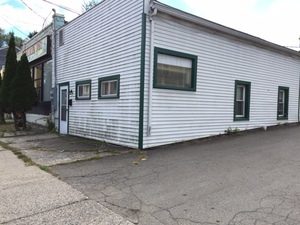
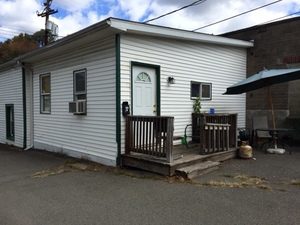
And here’s what it looks like, the day after the lien redeemed…
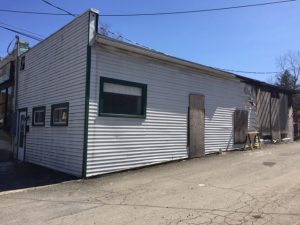
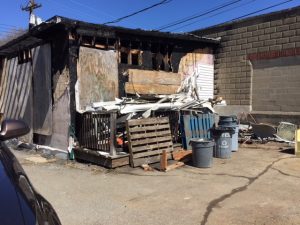
We started foreclosure in July but the lien redeemed right before final judgement and we got most of our legal fees back with the redemption. Here’s what the numbers look like:
- Total invested including foreclosure expenses $10,650.22
- Redemption Amount $14,806.32
- Profit $ 4,156.10
- Yield 39% in 3.5 years or 11.14% per year
The above profit and yield is calculated assuming that all the money was invested at the start. But it was invested over time, not all at the beginning. So the actual yield is more than 11.3% per year, but it still comes down to an ROI of $4,150.10 or about 40%.
I’ve also purchased a lien on a house that had fire damage before I bought the lien. I was able to get that lien at 18% because nobody else bid on the lien, but it redeemed a year later and I made 18% on my money.
I’m NOT suggesting that you to look for burned out properties, or that you don’t do the research on properties in the tax sale to make sure that they are valued many times what you are paying for the tax lien. What I am suggesting is that you think a little outside of the real estate investing box and look for opportunities. In the 2 cases mentioned above, I would have profited even if the liens didn’t redeem. It would just have taken more money and time to tear down and rebuild, or rehab the property.
You still need to do your due diligence on tax sale properties, but don’t put too much weight into the value of the property improvements. Consider the land value and the area as well.


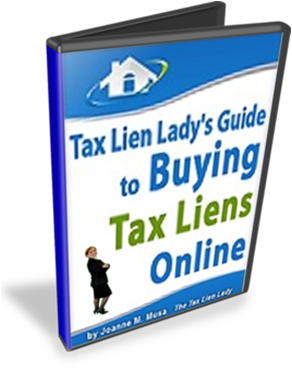
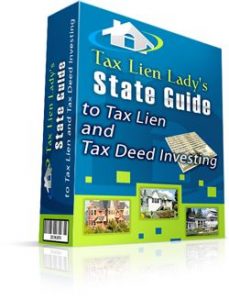

Follow Us!